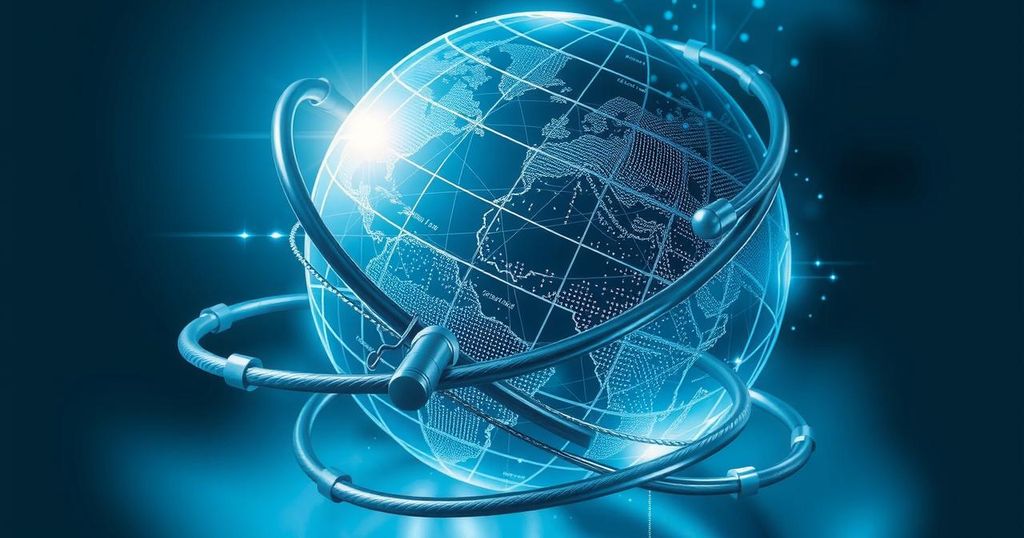Iran’s Foreign Ministry Spokesman Esmaeil Baghaei has strongly criticized the IAEA’s claims regarding Iran’s nuclear program, labeling them as untrue. He emphasized the political motivations behind these claims and reaffirmed Iran’s adherence to international agreements. The IAEA reported increased uranium stockpile levels, raising international concerns about potential nuclear capabilities. The ongoing challenges in reviving the JCPOA highlight the broader tensions at play.
On March 3, 2025, Iranian Foreign Ministry Spokesman Esmaeil Baghaei condemned the International Atomic Energy Agency’s (IAEA) assertions regarding the nature of Iran’s nuclear program. He characterized these claims, particularly those made by IAEA Director General Rafael Grossi, as “untrue”.
During a press conference in Tehran, Baghaei addressed recent IAEA reports indicating a significant increase in Iran’s production of highly enriched uranium since December. He challenged that the correlation made by the IAEA is unfounded, emphasizing the peaceful intentions behind Iran’s nuclear activities.
Baghaei urged Grossi to adhere to his official responsibilities, positing that such political statements do not contribute to resolving issues related to Iran’s nuclear program. He asserted that Iran’s nuclear initiatives are consistent with international law, the safeguards agreement with the IAEA, and the Non-Proliferation Treaty.
Additionally, Baghaei implied that the IAEA’s reports are swayed by the interests of specific Western countries, suggesting a political rather than a technical basis for the claims. He expressed concern that the narrative surrounding Iran’s nuclear enrichment is skewed.
The IAEA disclosed that Iran’s stockpile of uranium enriched to a purity level of up to 60 percent has reached approximately 274.8 kilograms, a quantity deemed sufficient for six nuclear bombs if further enriched. This has raised alarms in the international community.
Iran had previously entered into the Joint Comprehensive Plan of Action (JCPOA) with global powers in July 2015, consenting to limitations on its nuclear activities in exchange for alleviating sanctions. Following the United States’ withdrawal from this agreement in May 2018 and the reinstatement of sanctions, Iran subsequently reduced some of its nuclear obligations.
Efforts were initiated in April 2021 in Vienna to revive the JCPOA; however, despite various negotiation rounds, substantial progress remains elusive since the last discussions held in August 2022.
In summary, Esmaeil Baghaei’s critical remarks regarding the IAEA’s claims reflect Iran’s ongoing contention with international scrutiny over its nuclear program. The emphasis on political influence and legal compliance underscores the complexities surrounding the negotiations of the JCPOA. As diplomatic efforts continue, the situation remains sensitive, with global implications at stake.
Original Source: english.news.cn






